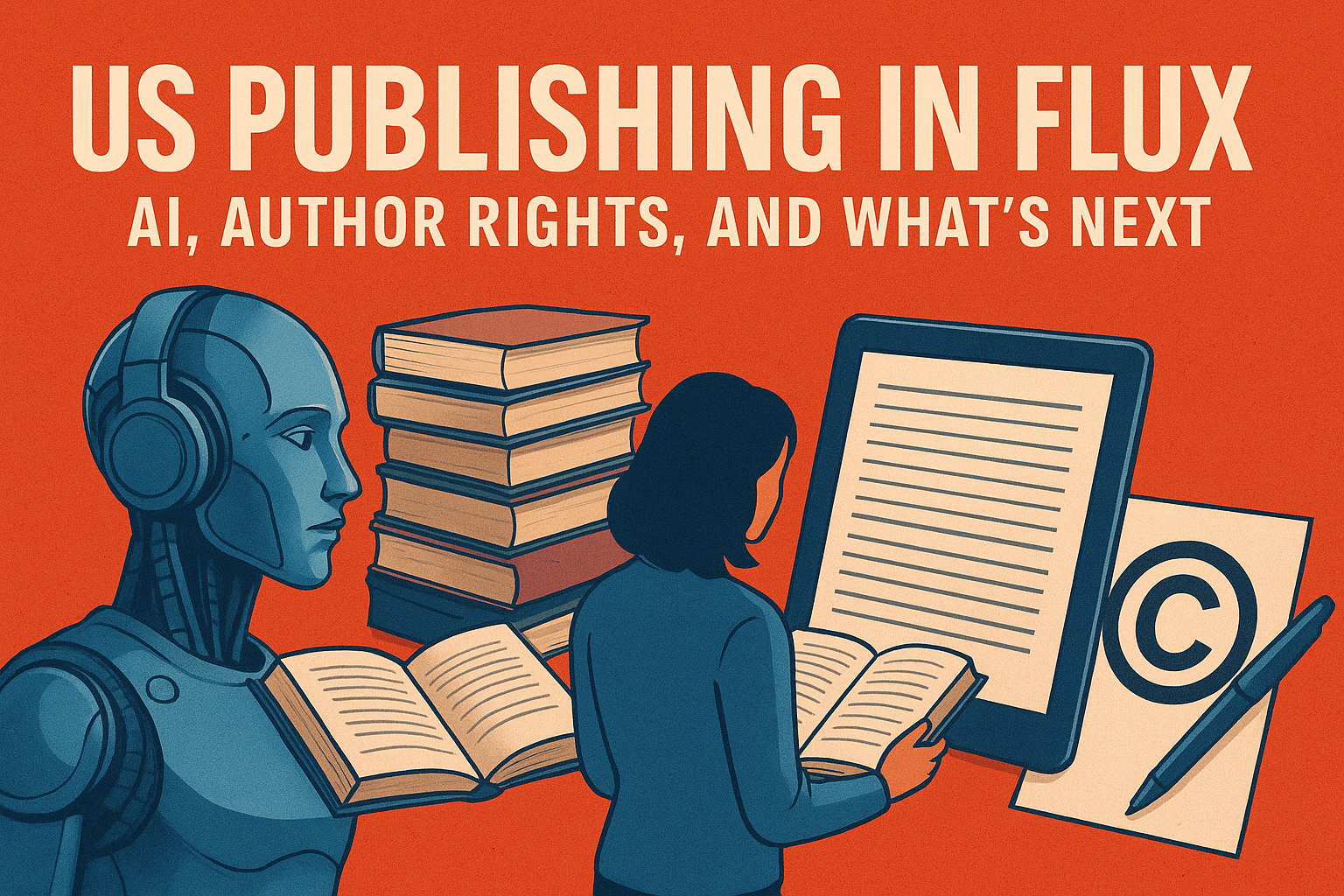10 Actionable Tips to Become a More Effective Writer

The writing process is complex and multifaceted—it’s both a craft and a discipline. A large vocabulary or unlimited free time won’t automatically make you an impactful writer. What truly makes a writer effective is a combination of knowledge, consistency, mindset, and skill. Whether you're writing blog posts, fiction, or marketing content, these 10 tips can help you significantly improve your writing and boost your confidence as a communicator.
1. Read Prolifically and Across Genres
Stephen King once said:
“If you want to be a writer, you must do two things above all others: read a lot and write a lot.”
Reading sharpens your language, exposes you to different writing styles, and expands your understanding of tone, structure, and narrative flow. According to a 2018 Pew Research study, avid readers tend to be better at verbal reasoning and critical thinking—both essential traits for effective writers. Don’t limit yourself to one genre; read fiction, non-fiction, journalism, essays, and poetry.
2. Master the Fundamentals of Grammar and Style
Grammatical fluency is essential for clarity and credibility. Tools like Grammarly, Hemingway App, or ProWritingAid can help identify issues and strengthen sentence structure. However, knowing when to break the rules for stylistic effect is also important. For example, using sentence fragments for emphasis can be effective in creative writing. A 2021 study by Cambridge University Press found that strong grammar correlates with reader trust in digital content.
3. Outline Before You Write
Creating a rough draft or outline helps organize your ideas and prevents writer’s block. Think of it as architectural planning before construction. Whether you're working on a novel or a LinkedIn post, mapping out key points ensures your writing has a clear direction. Studies show that writers who outline tend to finish their projects 40% faster than those who don’t.
4. Write Consistently and Treat It Like a Discipline
Writing is a skill that improves with repetition. Make it a habit by setting aside a dedicated time each day to write—whether it’s journaling, blogging, or working on your manuscript. The more you write, the more natural and fluent your voice becomes. Platforms like Medium, Substack, or personal blogs can provide public accountability and help you refine your message with real feedback.
5. Revise Ruthlessly
First drafts are rarely perfect. Don’t be afraid to revisit and revise. Even Pulitzer Prize–winning authors go through multiple edits. Be your own critic, trim the fluff, and focus on clarity. Author Neil Gaiman once said:
“The second draft is where you make it look like you knew what you were doing all along.”
Remember: Revision is where good writing becomes great.
6. Study and Imitate Great Writers (Then Find Your Voice)
Pay attention to the writing styles of authors you admire. Deconstruct their sentences, note how they transition between ideas, and observe how they hook the reader. Emulating their techniques can help you discover your own unique voice over time. Writers like Joan Didion, George Orwell, and Toni Morrison all started by deeply studying the work of others.
7. Use Writing Tools and Resources
Leverage writing aids that streamline the editing process. Grammarly, Scrivener, Notion, and Google Docs offer powerful features for drafting, organizing, and refining your work. Additionally, use plagiarism checkers to ensure originality. For academic or long-form content, citation managers like Zotero can keep your references tidy and accurate.
8. Accept Feedback and Criticism Gracefully
Constructive feedback is invaluable. Join writing groups or online forums such as Reddit’s r/writing, Scribophile, or local workshops to share work and receive insights from peers. Accepting critique not only strengthens your work but also thickens your skin for the publishing world. Many bestselling books went through dozens of beta readers before reaching the public.
9. Believe in Your Message and Your Voice
Passion and authenticity matter. Readers can detect insincerity or forced prose. Write about what truly matters to you, and let your personality shine through. According to a 2020 HubSpot study, authenticity is one of the top three factors influencing online content engagement. Believe in your words—if you don’t, no one else will.
10. Persevere Through the Struggles
Writer’s block, rejection, imposter syndrome—these are common obstacles in a writer’s journey. Every great writer has faced them. J.K. Rowling was rejected by 12 publishers before Harry Potter found a home. Persistence and grit are as essential as talent. Keep writing, even when it’s hard.
Final Thoughts
Becoming an effective writer is a journey, not a destination. It requires passion, discipline, and the willingness to learn and adapt. By incorporating these 10 tips into your writing routine, you’ll not only improve your skills but also find more joy and fulfillment in the creative process.



